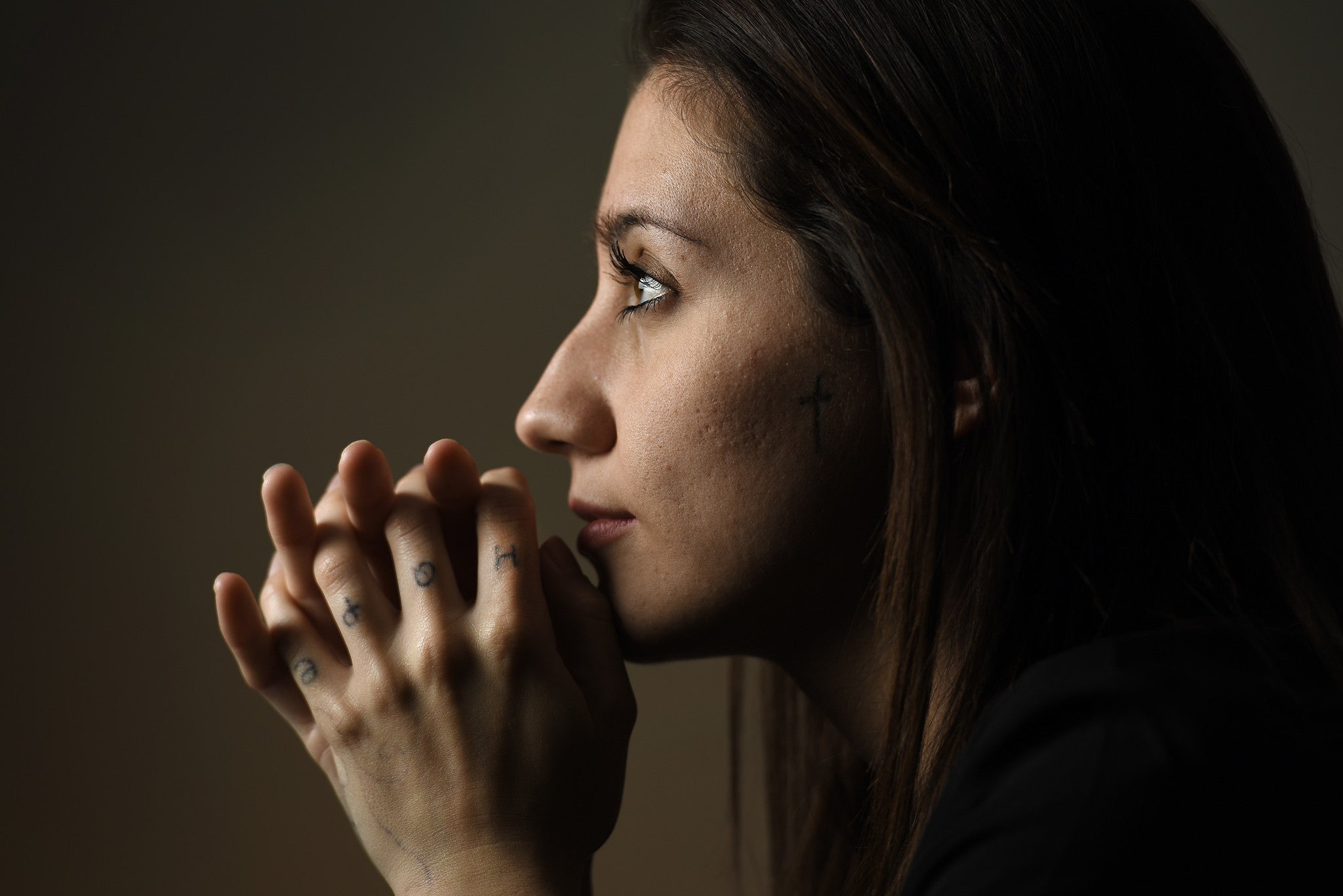Your Cart is Empty

This blog was inspired by conversations between survivors and the realization that each of us had experienced one or more of these uncomfortable situations. These are the five worst things survivors think you can say to them.

Are you a survivor?
When I found freedom from the sex trade I didn't identify as a survivor. I didn't even identify myself as a victim of human trafficking. I identified myself as a prostitute. Today, I believe that there really is no such thing as voluntary prostitution. The majority of people are led to the sex trade by some sort of desperation and become vulnerable to exploitation. By definition, prostitution is coercive and exploitative. But back then I didn't know this and even if you told me I was a victim I wouldn't have believed you. Today, I identify as a survivor of sex trafficking and work at organizations that aim to empower and employ survivors. However, that doesn't mean I want anyone approaching me while I am working at my office or during an event and asking me, "Are you a survivor?" Even if your intentions are good, you've interrupted me at a moment when I might not be ready to be vulnerable. I have so much more to offer than just my survivorship.
Tell me your story...
This puts me in a very bad spot. Not only does it make me feel very uncomfortable, but it puts me on the defensive. Before I tell my story I have to mentally and emotionally prepare myself. Take a second to put yourself in my shoes. I'm a human being with self-respect, just like you. Do you want someone to ask you about one of your most shame-filled moments when you're unprepared? Survivors do tell their stories in a life-giving way but not at the drop of a hat. It is my choice when, where, and with whom I share my story. Please allow me the choice to tell it when I am ready.
No really, can you just tell me some of your story?
When I am asked to share my story, or asked to do something out of my comfort zone and I decline, it can be very insulting to hear that it is not respected. Most survivors spend years finding their voice. Many of us still battle daily with feeling like our voices don't matter. Not taking no for an answer shows your lack of empathy and knowledge of the complexity of trauma. My story isn’t for people to use as entertainment. Your curiosity isn't more important than my privacy and sense of security. Please respect my boundaries when I tell you that I would not like to discuss my story with you.
Why didn’t you just leave? How much money did you make?
When I share my story with others I do it because it empowers me and because it raises awareness on the issue of sex trafficking. I have been trained on how to tell my story and I've become very comfortable with how much of I share. I do not sensationalize what happened to me, but share details that are important for the public to know. I, along with other survivors I know are comfortable with questions being asked after sharing, however, questions prying into gory details are completely inappropriate. Instead of focusing on the negative I went through please ask me about the hope in my story, about what I’m doing with my life now, and how we as a community can offer hope to other survivors. We can change the conversation, and look for solutions together.
You really just need to...
There are all forms of trauma and no two stories are the same. I know people want to support survivors and comfort them but comparing your traumatic experiences to me being trafficked is unnecessary. If I am not asking you to direct me to a resource, counseling or advice, please do not offer these.The probability is that the survivor you are talking to has navigated these things on their own with professionals, and their choices are personal, just as it would be a personal decision for you to choose a therapist.

As survivors, we realize that most people are coming from a good place when asking questions, and just want to learn more about human trafficking, but we ask you to respect us as individuals and be sensitive to where we may be at in our journey. We do have some resources that we recommend that can help you grow in your knowledge and understanding of this issue.
Photo Credit: Bob Self and The Florida Times Union
This blog was part of the Breaking Misconceptions Blog Series. To learn more check out the rest of the series.
Why Getting Out of the Sex Trade Wasn't the Hardest Part
"You don't look like a survivor..."
Thanks so much for this insightful and important sharing!
Well said! Thank you for sharing this.
*brave
Thank you for sharing!!! So important for well meaning people to know. Thank you for being so brace!
Comments will be approved before showing up.
Robyn Rhoads
January 28, 2020
Thank you for explaining in such an understandable and a non-emotional way! This information opens up communication on a comfortable level for both survivors and others.